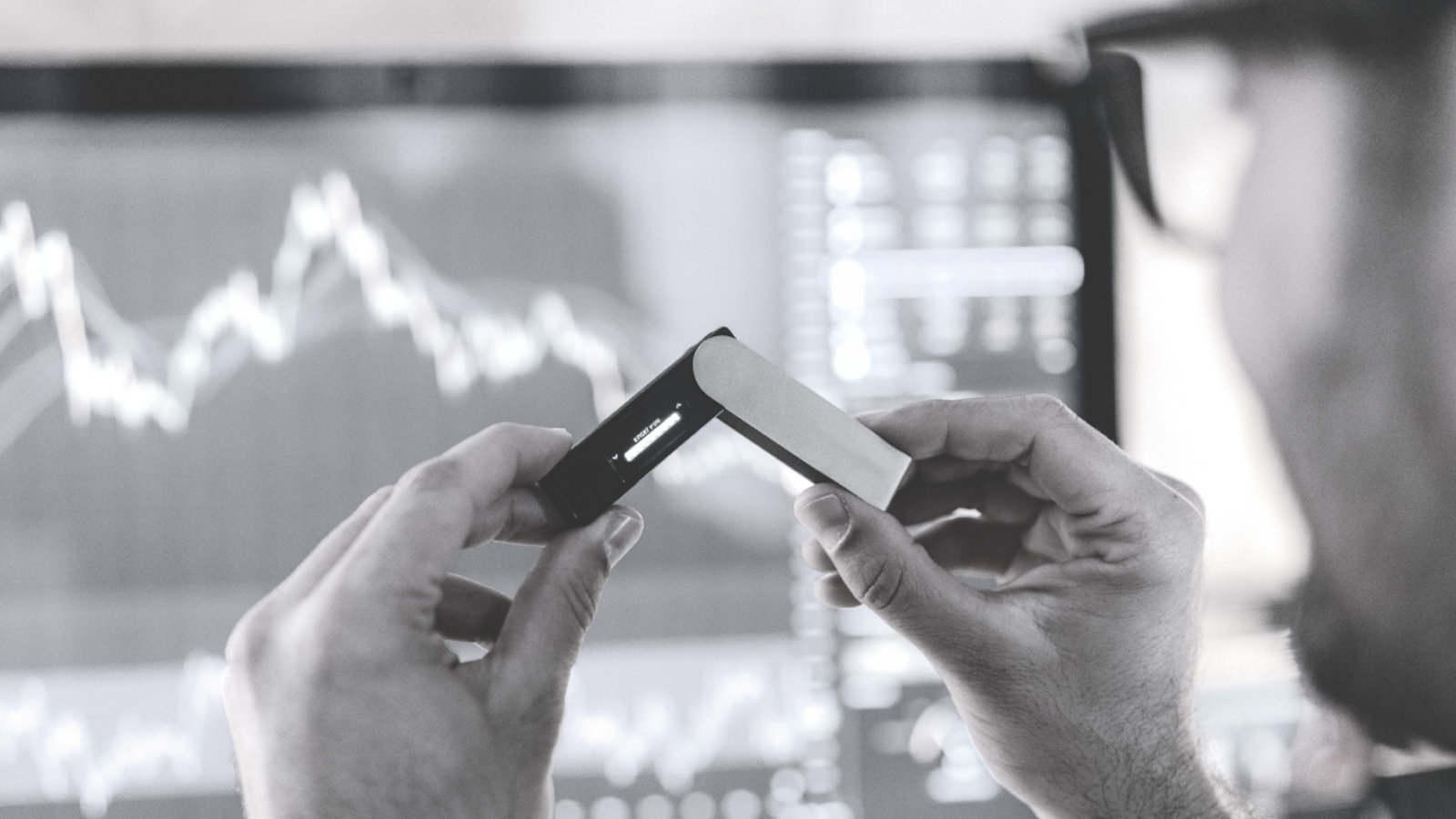
A Pocket Full of Change
“That will be $3.59.”
The cashier at this New Hampshire campground coffee shop had totaled the amount for my coffee and English muffin. She had to look at a list of prices and punch them into the cash register, one digit at a time. When I gave her $1 bills, she put that amount in too. The drawer opened with a ding and she counted my change.
All the while, the owner was looking over her shoulder to make sure that she was doing it the right way. The employee was under training.
What’s so special about this? Nothing really…except that it seemed like 1975. There was no internet connection, no bar codes, no QR codes, no swiping, no tablets, no cryptocurrencies. It was as analog a scene as one can imagine.
It worked well enough. The shop can take credit cards for amounts over $10 but the person in front of me chose this option and it delayed the service for up to 5 minutes. I could hear the clunky old carbon press run back and forth from the back office. It was then that I decided to use cash. Good thing I had some because the nearest ATM is 5 miles away.
What’s wrong with this scene? Nothing really. It’s what Joseph Schumpeter called “a picture of stagnating routine.” It’s probably the case that in many parts of rural America, technology works just like this. They’ve never really seen the need to switch to something more modern. When you think about the costs of equipment, the time and frustration, the database indexing, and the learning curve, perhaps this shop is right to keep doing what it is doing.
It’s easy to laugh, and be startled. I always resist this snobbish urge whenever someone near me brings out a flip phone, as if it were some dinosaur, forgetting that 10 years ago, such a phone was amazing. So it is with the cash register in this charming coffee shop. Fifty years ago, this machine would have been a technological marvel.
But what about the suppliers who make the goods for sale here, bring the coffee from far lands, manufacturer the wrappers that keep the cheese danish tasting fresh, the makers of the grills and the producers of the steel in the grills? These business-to-business operations can’t afford not to use the latest technology, and they do. The little shop might be thrown back in time but those capitalistic enterprises that sustain it are surely using the latest, or they face death by competition.
We are long accustomed to thinking of swaths of time in terms of technology. The Bronze Age. The Iron Age. The Industrial Age. The Digital Age. We imagine that these changes happen all at once. But the truth is that in any complex, functioning economy, the layers of technological advances are piled thickly on top of each other in an endlessly evolving, ever-changing process. For any single merchant, there is only the need for a change from one to another… when there is a need for a change from one to another.
Meanwhile, the market rewards innovations that are backwards but compatible with what already exists. The result is a complex system of technological layers that coordinate with each other. It ends up looking like a complex mosaic of old and new. It is an intertemporal ballet of innovation coordinated over large swaths of time and space.
No one directs the process. No one mandates change from one stage to another. The stages of development overlap and work to the betterment of all.
Just looking out the window toward the mountains, I’m seeing telephone and electricity poles that might have been put up 50 years ago, and wires that might have been around 30 years. These days all such things are buried down low. I’m also seeing a road that was probably first carved out from nature 200 or 300 hundred years ago. There are cars in the parking lot that range from new to decades old, each one serviced with parts appropriate to the age.
The job of capitalism is not only to forge a brilliant future different from the past; it is also to maintain the value of the past and coordinate it with an unpredictable future. Innovations that enhance rather than devalue accumulated capital can be more socially beneficial than those that tear us away from the past.
History changes through the choices of individuals, one mind at a time, through volitionally disruptive decisions that depart from routine. This means that change necessarily takes place not through large aggregate leaps but with an infinitely complex series of tiny steps that never stop rolling forward.
I write those sentences to remind myself. You see, I’ve recently been doing deep study of one of the most exciting innovations of our time: the blockchain that makes possible a trustless system of communication, contract, and property exchange. It’s mind blowing to consider the kind of world the blockchain can make possible, a world without third-party intermediation services standing between us and the connections we desire to make with anyone in the world.
This subject is so outlandish that its almost impossible to conceive of the implications. The blockchain could actually make obsolete every third-party system of control that is currently keeping us back, whether the system is financial, cultural, or even political. What could be the need for “representative” democracy in a world that makes peer-to-peer everything possible, regardless of geography?
Dreaming of such a world, seeing how it is the next step beyond the evolving cryptocurrency that stands ready to displace national monetary systems, it is helpful to remember just how slowly such innovations really do roll themselves out into real life. Those of us with heads full of tech can easily get impatient, observing that system X is so much better, and so obviously so, that it should clearly be adopted immediately. Why the delay?
But the truth is that there is a market function to the pacing of technological change. There is no such thing as starting over in this world. The evolution of civilization proceeds from what exists and gradually works itself toward what can be, with the highest possible consideration for maintaining the value of the work that has gone before.
To put the lesson in terms of computer code, no one in this world writes on a blank screen. Entrepreneurs and innovators are hackers working with an existing code, changing it a bit at a time toward improvement and carefully avoiding writing code that is not backwards compatible with what came before.
It’s a beautiful scene to watch the market economy evolve, finding the right balance between the value of the old and the value of the new. The contrast with politics couldn’t be more stark: here bad code is piled on top of bad code in ever more crusty layers that end up holding us back from where we want to go.
I’m charmed by the old-world coffee shop and its thrown-back systems. Still, when this wonderful place starts accepting Bitcoin, I’m prepared to say that our evolution to a higher state of being will be near complete. Meanwhile, I am the proud owner of change that amounts to 41 cents — a quarter, a dime, a nickel, and one rotten penny — rattling around in my pocket and pointlessly taking up space.
Free the People publishes opinion-based articles from contributing writers. The opinions and ideas expressed do not always reflect the opinions and ideas that Free the People endorses. We believe in free speech, and in providing a platform for open dialogue. Feel free to leave a comment.



